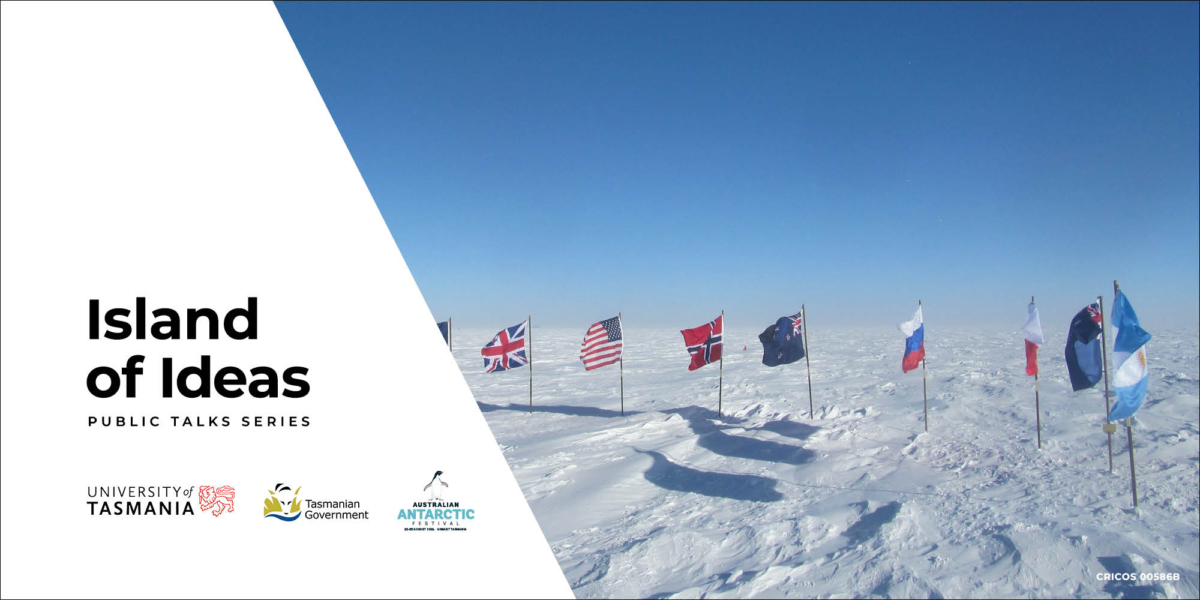- Local & Online
- FREE
Australia and the Antarctic Treaty
- - (AEST)
-
University Centre, Stanley Burbury Theatre
Churchill Avenue, Sandy Bay TAS 70005, Australia

For over sixty years, Antarctica and the Southern Ocean have been governed and protected by the Antarctic Treaty System. Established in a time of heightened geopolitical tension and strong national interests, its key principles include the peaceful use of Antarctica, a ban on military activities, and a focus on scientific research.
Australia has historically played a crucial role in upholding and revitalizing the Antarctic Treaty System, often balancing national interests with international cooperation.
But during our era of renewed geopolitical tension and heightened national interests, can Australia and the Treaty System continue to adapt?
Join Emeritus Professor Marcus Haward for the Phillip Law Lecture and discover why Antarctica and the Southern Ocean are still of close and immediate concern to Australia.
About the Speaker
Marcus Haward is an Emeritus Professor in the Oceans and Cryosphere Centre at the Institute for Marine and Antarctic Studies, University of Tasmania, and a Program Leader in the Blue Economy Cooperative Research Centre. Marcus is also a member of the Centre for Marine Socioecology, University of Tasmania and an Honorary Professor at the Centre for Policy Futures at the University of Queensland.
Marcus has been a member of Australia delegations to Commission for the Conservation of Antarctic Marine Living Resources and the Antarctic Treaty Consultative Meeting. He has published widely on Antarctic governance including The Future of Antarctica: Scenarios from Classical Geopolitics. Springer Nature 2022 (with Jeffrey McGee and David Edmiston); Governing Oceans in a Time of Change: Fishing for a Future. Edward Elgar 2020; and Australia and the Antarctic Treaty System: Fifty Years of Influence UNSW Press 2011 (co-editor with Tom Griffiths). He led the ARC Funded Discovery project “Geopolitical Change and the Antarctic Treaty System” with Jeffrey McGee, Tony Press, Tim Stephens, Shirley Scott and Nengye Liu.






